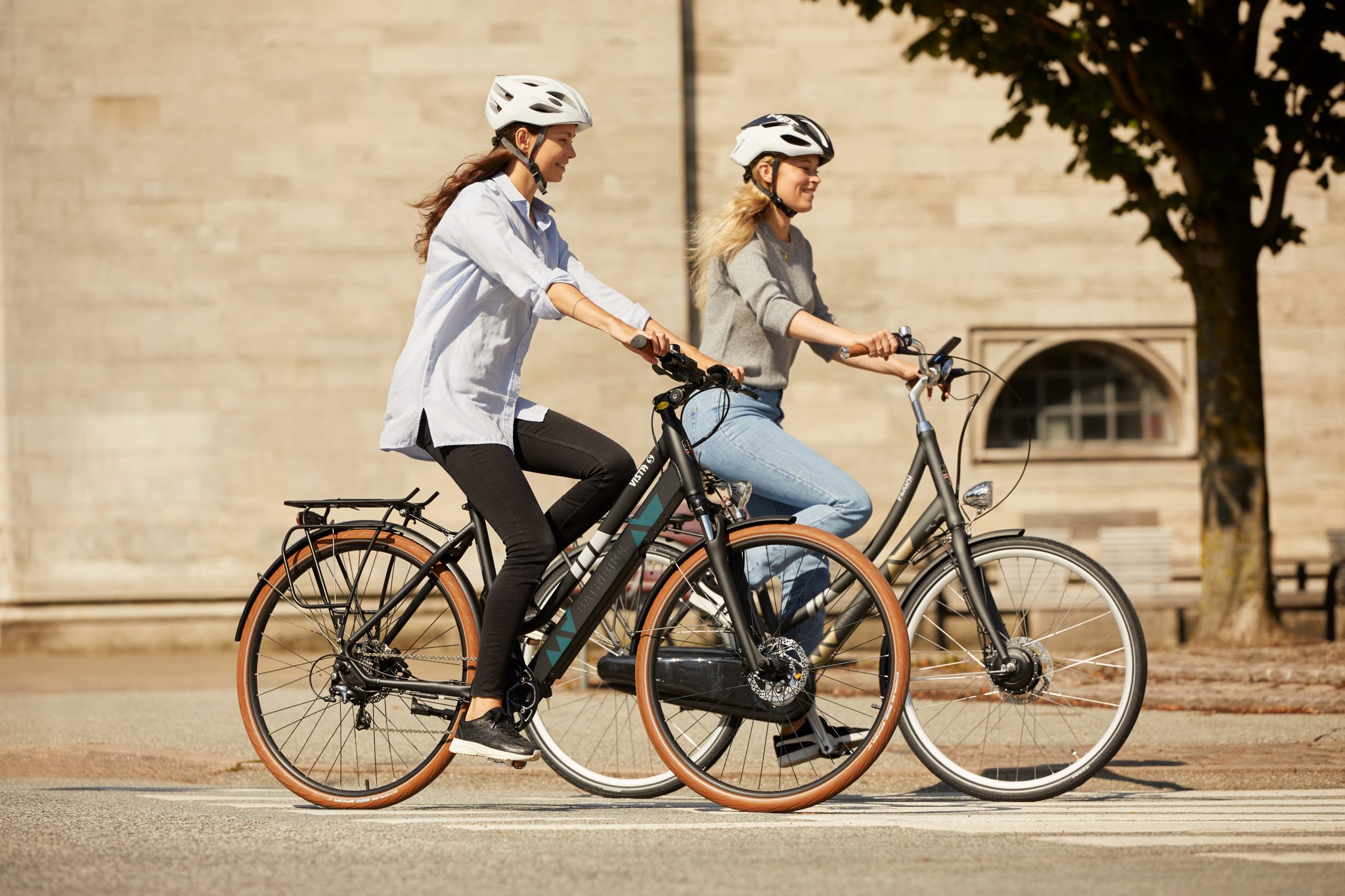
German and Dutch Electric Cycle Markets Flourish
1224 days ago
3 minutes
New data about the electric cycle markets in Germany and the Netherlands are available for the year 2020. Despite the pandemic, both markets flourished and showed record numbers.
Germany
Zweirad-Industrie-Verband (ZIV) published new data on the German (electric) cycle market in 2020. That shows a steady growth to over 5 million pieces being sold in 2020. Of this number, 1.95 million are electric cycles, a growth of more than 43% compared to 2019.
The electric cycle now accounts for almost 39% of all cycle sales in Germany, making it the largest segment of the market in volume. Second in line is the trekking cycle with 25% followed by the urban cycle with 13%.
The electric cycle market is made up of the following segments:
- e-trekking: 692,300
- e-MTB: 585,000
- e-city/urban: 546,000
- e-cargo: 78,000
- e-other: 29,300
- e-racer: 9,800
- speed-pedelecs: 9,800
Over the years, the electric cargo cycle has steadily worked its way up in the sales statistics over the years. Showing again a year on year growth with a new record of 78,000 pieces being sold in 2020, a growth of more than 43%.
The Netherlands
In 2020, the sales of electric cycles have reached new record numbers. They increased by more than 30% compared to 2019 for a total of 547,000 electric cycles. With an average price of €2.259, turnover reached a remarkable €1,65 billion in 2020, which is double the turnover in 2010.
Electric cycles accounted for 50% of all Dutch cycle sales in 2020, leaving next segments non-electric city cycles and children’s cycles far behind. The the share of electric cycles is considerably on the increase. It was 42% in 2019 and only 15% in 2011.
Brick and motor shops remain the most important distribution channel for electric cycles. 10% of all revenues have been realized through internet sales while this was 23% three years earlier. The decrease in internet sales is also noticed on electric cycles where only 8% was sold last year, while it accounted for 27% three years earlier. This downward trend is probably the result of ‘traditional internet shops’ who turn there business into a mix of digital and physical shops according to RAI/BOVAG.
Source: RAI/BOVAG
Annick Roetynck
Annick is the Manager of LEVA-EU, with decades of experience in two-wheeled and light electric mobility.
Campaign success
Lorem ipsum dolor sit amet, consectetur adipisicing elit, sed do eiusmod tempor incididunt ut labore et dolore magna aliqua.
Member profile
Lorem ipsum dolor sit amet, consectetur adipisicing elit, sed do eiusmod tempor incididunt ut labore et dolore magna aliqua.
